Report
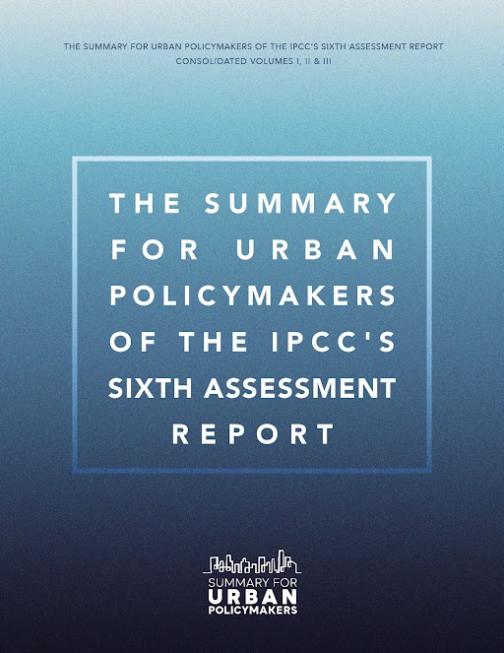
The Summary for Urban Policymakers of the IPCC's Sixth Assessment Report
This publication by the Summary for Urban Policymakers (SUP) initiative synthesizes the latest findings from the IPCC Sixth Assessment Reports in partnership with cities and businesses across the globe.
The SUP series is supported by a partnership of the Global Covenant of Mayors for Climate & Energy alliance for city climate leadership, the Resilience First business network, the Indian Institute for Human Settlements, the German Federal Ministry for Economic Affairs and Climate Action, the Deutsche Gesellschaft für Internationale Zusammenarbeit (GIZ), and Resilience Rising.
The publication comprises a series of three summary reports: What the Latest Physical Science of Climate Change Means for Cities and Urban Areas (distilled from the IPCC Working Group I report), What the Latest Science on Impacts, Adaptation and Vulnerability means for Cities and Urban Areas (distilled from the IPCC Working Group II report), and What the Latest Science on Climate Change Mitigation Means For Cities and Urban Areas (distilled from the IPCC Working Group III report).
READ MORE
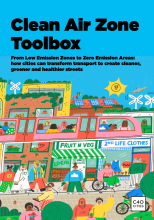
Clean Air Zone Toolbox
This toolbox is for all C40 and non-C40 cities planning, developing and implementing Clean Air Zone policies.
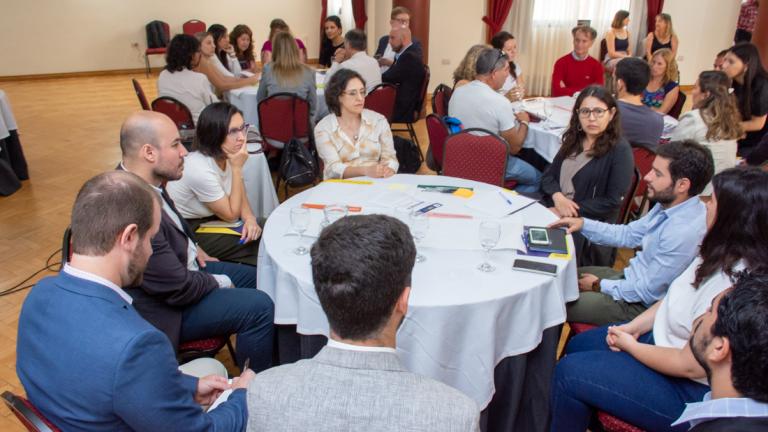
Argentina’s Road to 2030: Collaborative Climate Action
Argentina's first UrbanShift National Local Dialogue emphasized collaborative climate action, uniting national and local governments to promote sustainable urban development, align with 2030 targets, and enhance governance and financing.
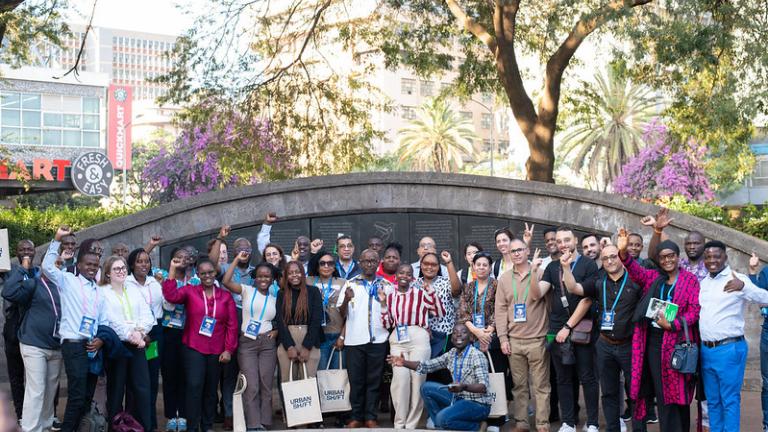
How African cities can develop to become green, resilient, and inclusive
During the Green & Resilient UrbanShift Africa Forum, leaders from across the continent united to learn and share insights on accelerating transformative urban planning approaches—and the finance needed to implement them.
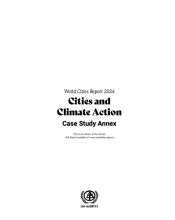
World Cities Report 2024: Cities and Climate Action
From UN-Habitat, this report highlights the critical role cities play in addressing the global climate crisis, both in terms of reversing its impacts (through mitigation) and reducing the vulnerability of at-risk communities, groups and individuals.
